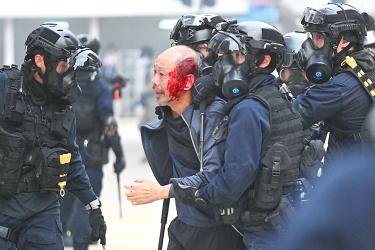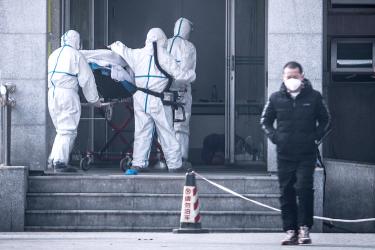Before tendering his resignation, Control Yuan member Chen Shih-meng (陳師孟) was planning to question Taipei District Court Judge Tang Yue (唐玥), who acquitted former president Ma Ying-jeou (馬英九) of leaking classified information in a wiretapping case during the 2013 “September strife,” to investigate whether judges allowed “free evaluation of evidence through inner conviction” to affect their rulings.
The plan was met with strong backlash from the judiciary, which launched a petition to condemn Chen for interfering with the judiciary.













